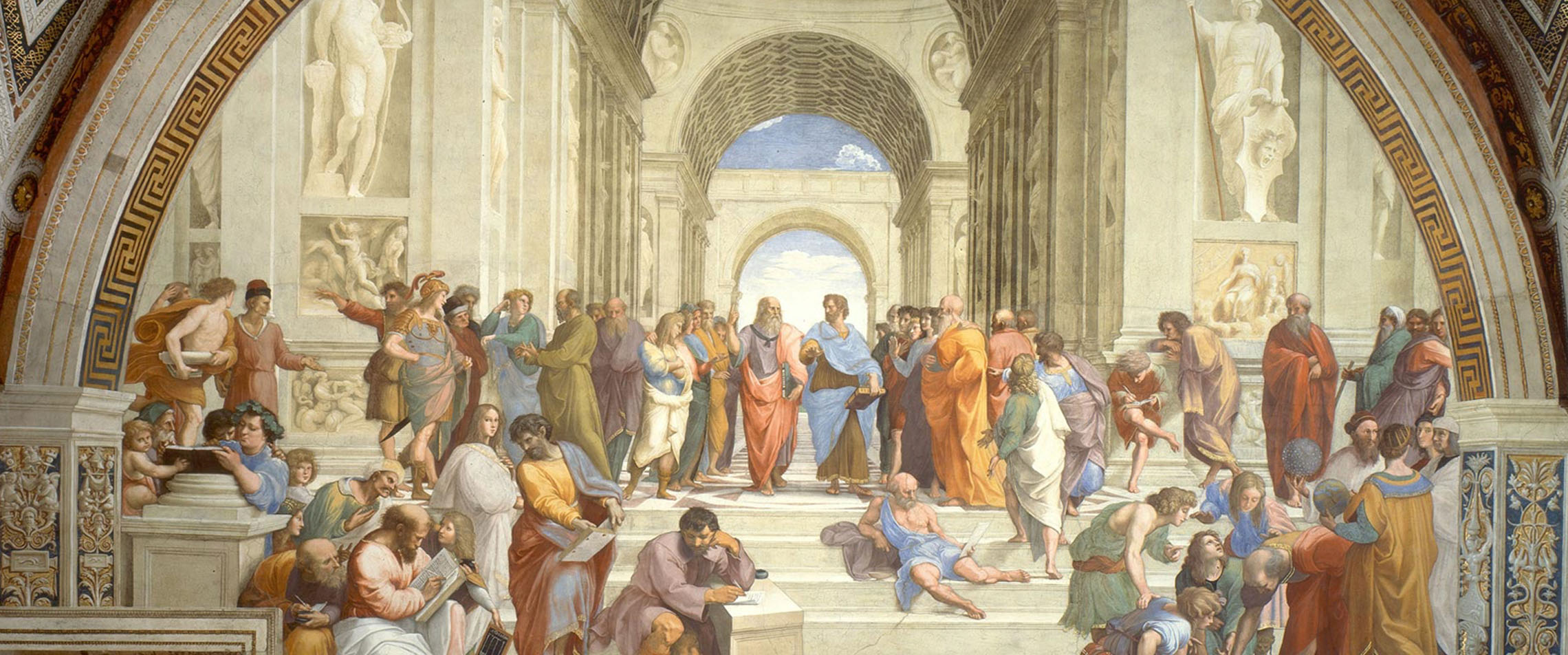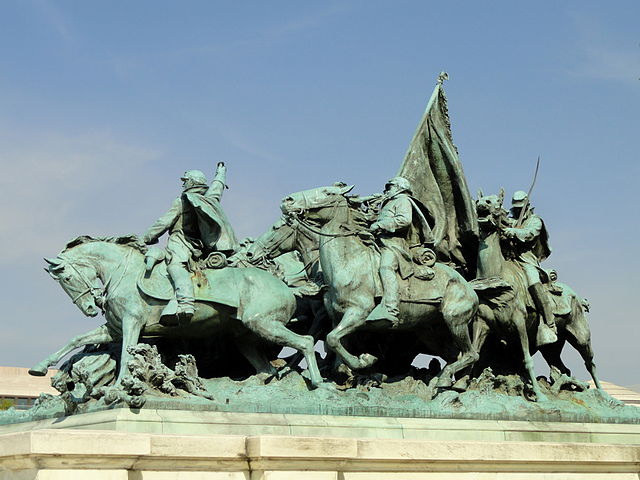The Classics of Strategy and Diplomacy project is anchored in the belief that the Classics, rightly understood, challenge each of us to explore the dynamic relationships across and within fundamental elements that shape international politics, whether statecraft or geography; culture, economics, or technology. Such elements and dynamics require us to take into account both the possibilities and limitations of human foresight—”reflection and choice,” as the authors of the Federalist Papers succinctly put it—when confronted with necessity, accident, and chance, as well as with strategic purpose and even deception. These components give rise to an expansive set of questions, which guide our conversations about the strategic classics: How to best integrate all facets of national power to achieve critical policy objectives? How to “do” Grand Strategy? What the relationship between diplomacy and military power is, but more properly ought to be? Whether regime types matter in the conduct of international politics? Or how the shape of a political regime translates into distinct policy outcomes?
Critics of this currently neglected approach to strategy invariably point out that the old canonical authorities do not agree with each other; that the effects of globalization, changing international norms, the existence of nuclear weapons, and advanced technology have superseded any ancient verities. And they contend that attempts to apply coercive power for political ends too often lead to uncontrollable and adverse results. Perhaps! But at Classics of Strategy and Diplomacy, we do not take for certain that the existence of advanced technological tools or changed political norms necessarily cancels out the dynamics of geopolitics or the need for statesmanship.
Accordingly, we welcome with open arms informed discussion and debate over these propositions. We contend that it’s precisely these ideas and propositions that have endured through various ages and cultures. Whether fashionable to invoke or not in any respective age, including our own, we believe that the Classics have often anticipated and addressed similar challenging dynamics of strategy and diplomacy, despite their perhaps different perspectives. The problems of the current age are not quite as new as sometimes supposed. In short, we argue that the Classics are worth rediscovery for the insight they can provide to today’s strategic challenges.
We do not aim for definitive solutions to current policy matters. We recognize that the practical application of strategy and diplomacy is the great task of statesmanship. Strategic classicists, as such, run the risk of becoming armchair generals or political ideologues. John Quincy Adams—a bookish statesman if there ever was one—concluded that the lessons of the Classics, to be applied properly, must be accompanied by a natural aptitude for policy and real-world experience.
We hope to contribute modestly to the first element of that prudential triumvirate. And we welcome you to join us in doing so.
~*~*~*~*~
Inspired by the life’s work of the late Professor Harold W. Rood (1922-2011), and made possible by a diverse cadre of appreciative former Rood students, the CSD project was founded by the late Patrick Garrity, Ph.D (1955-2021) and continues in his memory. The Classics of Strategy and Diplomacy Project operates independently under the institutional sponsorship of Hillsdale College and its Van Andel Graduate School of Government in Washington, D.C.







